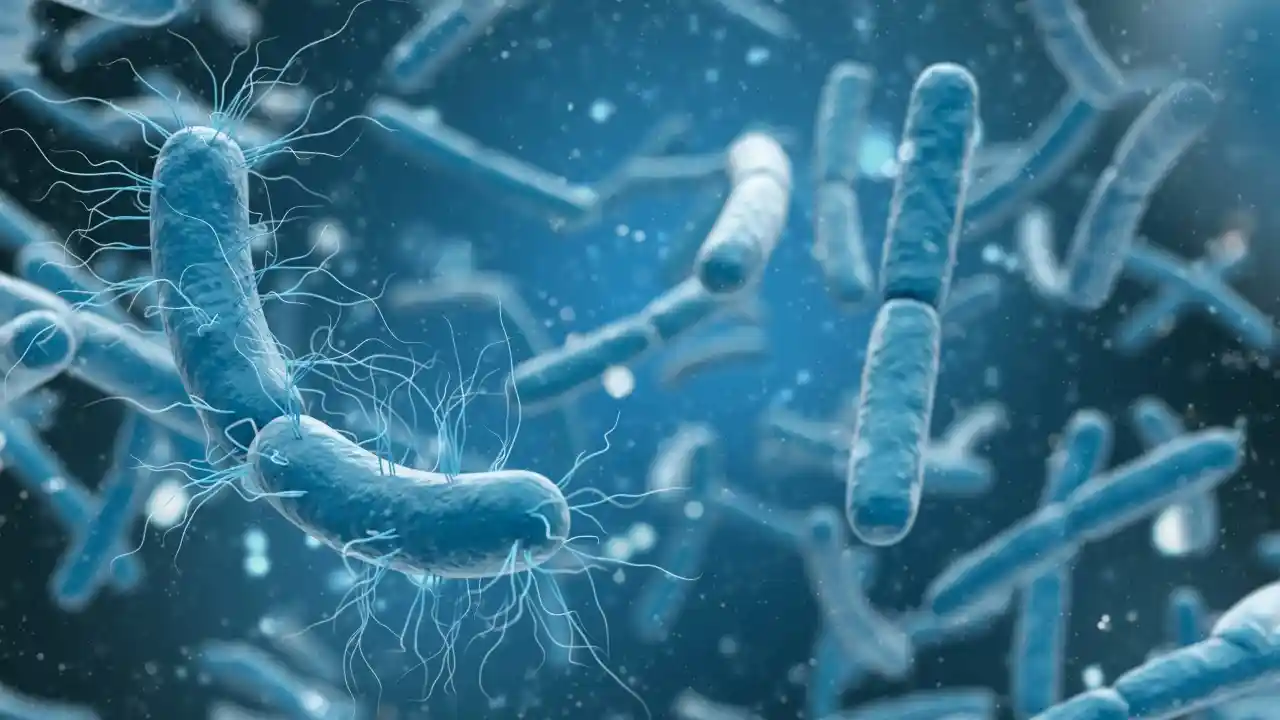
Last updated: 03-12-2022
Chlamydia is a sexually transmitted disease affecting about 2 million people every year. Chlamydia doesn’t always have apparent side effects and symptoms. Most people may not even realise they have contracted the disease. The illness is no longer as significant a threat as it used to be. Treatments against the disease have come a long way in recent years. However, living with an STD is not easy. Here’s a guide on how to approach the condition.
How can you contract Chlamydia?
Chlamydia happens to be one of the most common STDs spread by bacteria. The disease is more common among sexually active people. Chlamydia is usually spread through intercourse, especially when it’s unprotected. The bacteria is transferred through the vaginal fluid or semen. This means it can spread through anal and oral sex as well. The disease is more common among young people than in older adults.
What are the signs that you’ve contracted Chlamydia?
For many people, symptoms are late to appear. Sometimes, you may need to get tested to confirm if you have Chlamydia because the symptoms do not appear. The most common symptoms include discomfort, pain while urinating, and abnormal vagina or penis discharge.
However, the infection can manifest differently for men and women both. There are a few distinct symptoms both genders have to vary to identify Chlamydia.
Common symptoms in men:
For men, the symptoms often show up late. However, you should get tested immediately if you have had unprotected sex. If a Chlamydia infection remains untreated for a while, it can cause permanent damage to the reproductive system. You may even risk infertility if your chlamydia infection is not treated on time. These are some of the symptoms you should look for:
- Burning pain when you urinate
- Pus or irregular discharge from the penis
- Swollen testicles
- Pain in testicles
- Low abdomen pain
In the case of anal sex:
- Irritated anus
- Irregular discharge from the anus
- Bleeding and swelling of the anus
Common symptoms in women
For women, the symptoms of Chlamydia may take time to appear. In some cases, the symptoms may arise weeks after having unprotected sex or sex with someone who has the infection. These are some of the common symptoms for women:
- Burning pain when urinating
- Painful during intercourse
- Irregular discharge from the vagina
- Lower abdomen pain
If the infection spreads toward the reproductive system, it can reach the fallopian tubes and consequently cause inflammation of the pelvis. This is known as PID, and it has the following symptoms:
- Pain in the pelvic area
- Fever
- Nausea
- Bleeding in between periods.
What other diseases can Chlamydia cause?
Chlamydia can cause more than one disease if you do not get it treated on time. These include:
Epididymitis: If the infection spreads to your urinary and reproductive system, it can cause the tubes around the testicles to swell and cause pain in the testicles.
Infections in fetuses: If the mother has Chlamydia, it can be transferred to the baby through the fluid in the birth canal. This can lead to trouble during labour and may cause pneumonia or an infection in the baby’s eyes.
What are the risk factors for Chlamydia?
Knowing the risk factors for Chlamydia is essential, especially if you are sexually active. These are the risk factors that you can avoid and keep safe.
Having unprotected sex with someone having Chlamydia: Chlamydia travels through bodily fluids. Therefore, unprotected sex often results in exposure to another’s semen or vaginal fluid. This can quickly transfer the infection.
Repeated unsafe sex: Many people make a habit of not using contraceptives during sex. However, this is a practice that can easily cause Chlamydia.
Having numerous sex partners: People sexually active with more than one person are always at risk of STDs.
Final word
Although Chlamydia is a devastating condition, it is curable. Most doctors make use of antibiotics to kill the bacteria and relieve the body of the disease. You may be advised to use specific medication for about two weeks.
If you’re experiencing any of the symptoms mentioned above, get yourself tested. The faster you find treatment, the easier it’ll be to eliminate the infection.